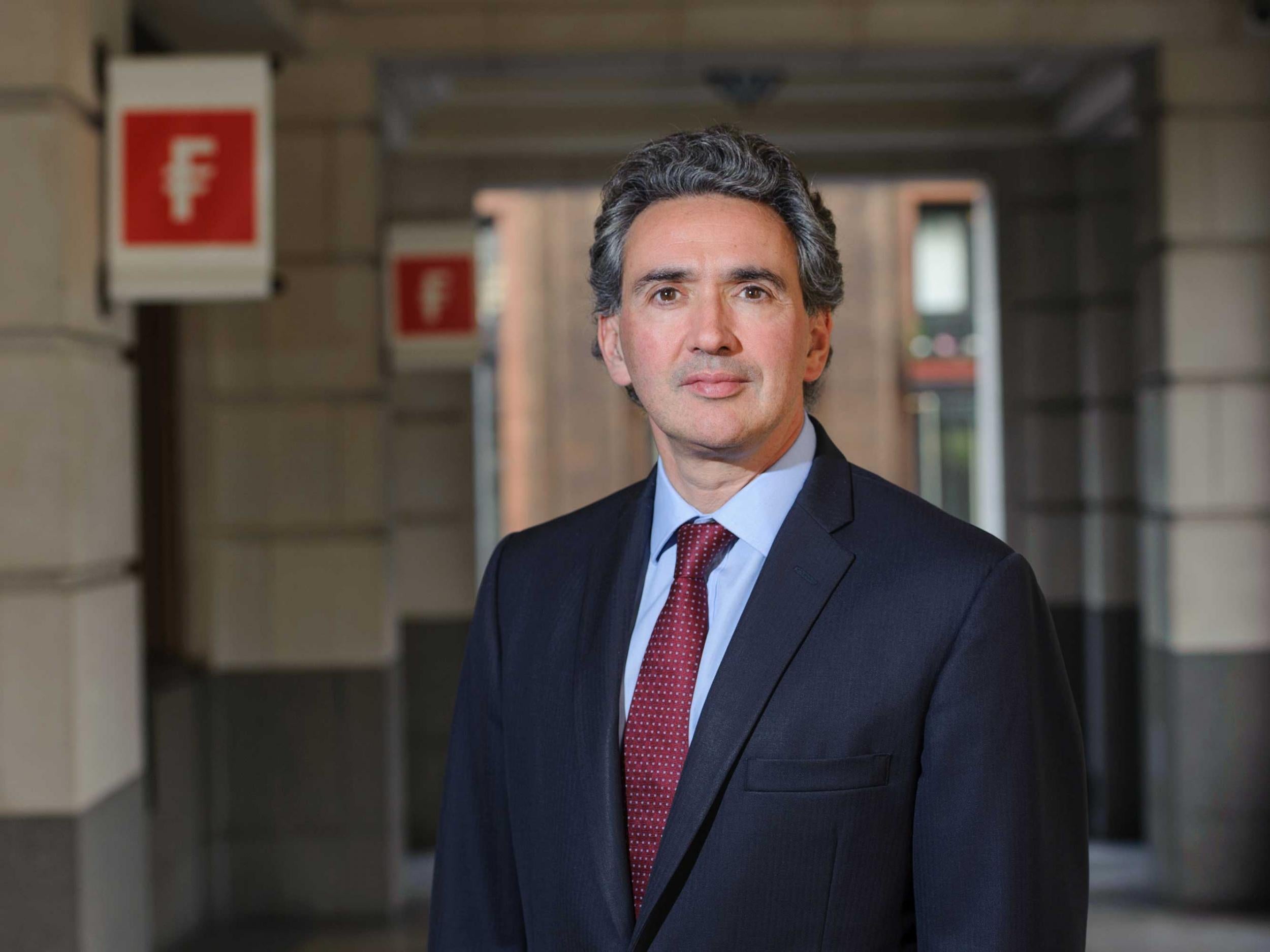Bosses pay: Investor Fidelity wins important victory over 'long-term' CEO incentives
The City fund manager has demonstrated what can be done when institutions use their votes in the interests of their clients – people like you and me who save through their products

Your support helps us to tell the story
From reproductive rights to climate change to Big Tech, The Independent is on the ground when the story is developing. Whether it's investigating the financials of Elon Musk's pro-Trump PAC or producing our latest documentary, 'The A Word', which shines a light on the American women fighting for reproductive rights, we know how important it is to parse out the facts from the messaging.
At such a critical moment in US history, we need reporters on the ground. Your donation allows us to keep sending journalists to speak to both sides of the story.
The Independent is trusted by Americans across the entire political spectrum. And unlike many other quality news outlets, we choose not to lock Americans out of our reporting and analysis with paywalls. We believe quality journalism should be available to everyone, paid for by those who can afford it.
Your support makes all the difference.If ever you needed a demonstration of how just much could be achieved if City investors actually used their voting power in the interests of their clients, Fidelity International has provided one.
The giant fund manager decided in 2012 that lucrative long-term incentive schemes handed to executives couldn’t be considered long-term if bosses were able to sell their free shares after as little as three years.
It told the companies in which it invested that five years should be the minimum. Bosses could be granted their shares after three, but they would have to hold them for at least two more to give time for the impact of their decisions to be made manifest in the share prices of their companies.
Fidelity would vote against any scheme where this was not the case.
This created quite a fuss in corporate Britain. Company chairmen and women, and other non-executive directors, moaned and wailed that they wouldn't be able to hire executive “talent” and muttered darkly about dire consequences if the antsy fund manager got its way.
But there were none. Five years later, Fidelity, and its global chief investment officer for equities Dominic Rossi, have (mostly) won the day. When the campaign was started, just four FTSE 100 companies had LTIPs that lasted for more than three years. Now there are 65 of them.
Progress has been slower in the FTSE 250 of index of second tier companies, but when taken together some 179 companies in the combined FTSE 350 index now comply with Fidelity’s requirements.
Its five-year rule is now more or less considered best practice for bosses pay. It is worth noting that Mr Rossi cites the binding votes granted to shareholders on pay policy, a reform brought in by Vince Cable when he was Business Secretary, as an important catalyst in achieving this.
Progress has been much slower in Europe. Mr Rossi told reporters that he is still getting cross letters from company chairs who don’t like it when blue-chip fund managers like his vote against them. Eventually they’ll work out that they’ll just have to put up with it. He’s got more clout than they have, and he's not going anywhere.
Kudos, then, to Mr Rossi, and to Fidelity. They have done their jobs by thinking first not of the corporate establishment but, instead, of their customers, the people who save through Fidelity funds. You and me, in other words.
They have struck an important blow for improved corporate governance, and ultimately, for improved corporate performance too. With millions of pounds in free shares at stake, CEOs might start thinking about life beyond the next trading update. It might even make them ponder whether taking steps such as axing hundreds of IT staff to get the City excited about cost cutting is really such a good idea for the long term future of their business.
If I have a criticism it is this: when all is said and done, the reform Fidelity has achieved is really quite modest and it does nothing to address the quantum of what executives get paid. After all, there is no more evidence that paying them stupendous amounts of money does anything for shareholders, than there is for allowing them to sell their free shares after three years.
That said, a small victory is still a victory, and given how many of Fidelity's peers choose ignore bad corporate behaviour for a quiet life, it should be welcomed.
Join our commenting forum
Join thought-provoking conversations, follow other Independent readers and see their replies
Comments